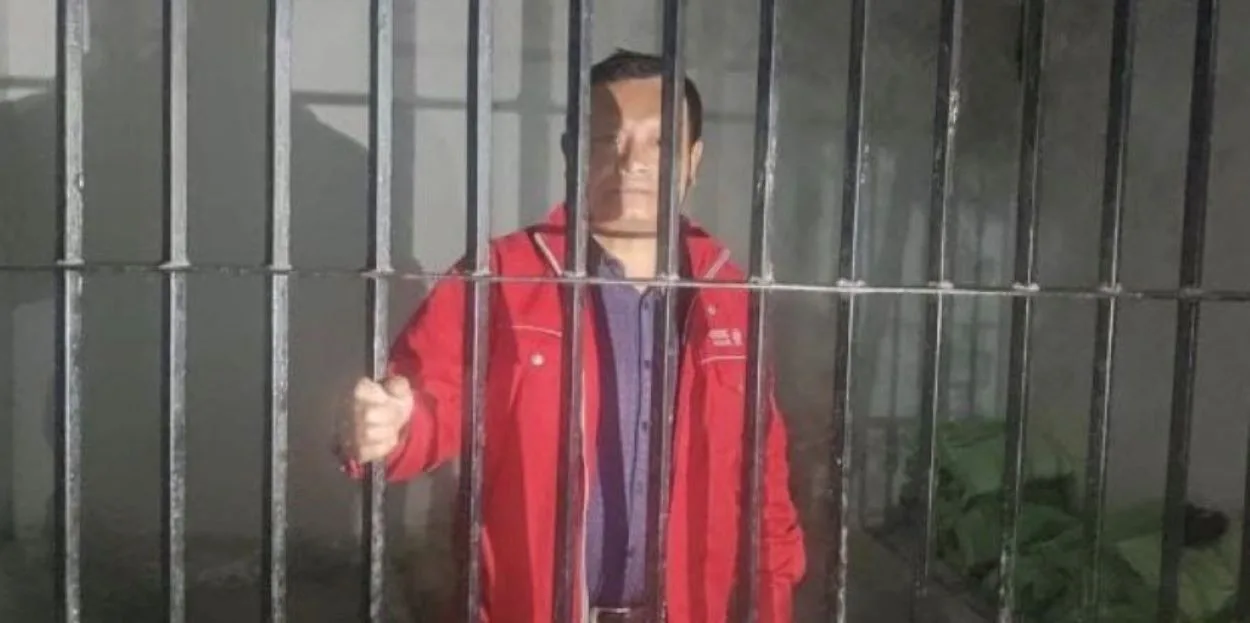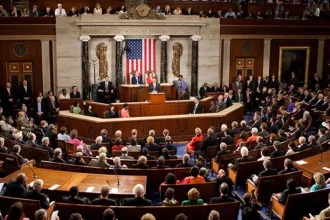A Chinese national arrested on accusations of blasphemy by a mob in Pakistan has strongly refuted the allegations, asserting that he never made any comments that could offend the religious feelings of Muslims or conservative Kohistanis.
Chinese national is currently being held at Police Lines in Abbottabad, where the district administration declared the location a sub-jail and increased its security measures.
The individual spoke to a Joint Investigation Team (JIT) that the government constituted to investigate the matter, which appears to be the third attempt to sabotage the 3,420-megawatt Dasu hydropower project.
Previously, the JIT had investigated a 2021 attack on a bus carrying Chinese nationals to the dam sites, which resulted in 13 fatalities, including nine Chinese nationals. The team had also probed a fire that erupted at a Chinese worker’s residential camp earlier this month.
Beijing announced that it is ‘verifying the situation,’ and an interpreter involved in the case has cast doubt on the nature of the alleged sacrilegious remarks. The interpreter, Mohammad Yasir, was grilled by the police team investigating the case. He stated that he was ‘doubtful’ about what offensive remarks the Chinese man had made and claimed that laborers who accompanied him during the incident were pressuring him to maintain his previous stance.
The Chinese national will appear before an anti-terrorism court in Abbottabad shortly. In the meantime, Chinese engineers and workers resumed work at the project site after it was suspended due to the protests demanding the arrest of the accused Chinese national.
An FIR (First Information Report) was registered at the Kamila police station in Upper Kohistan under Sections 295-C of the Pakistan Penal Code and Section 6/7 of the Anti-Terrorism Act.
The Chinese foreign ministry said its mission in Islamabad is verifying the situation. The ministry’s spokesperson, Wang Wenbin, emphasized that the Chinese government requires its citizens abroad to abide by the host country’s laws, respect local customs, and receive consular protection and assistance if required.






